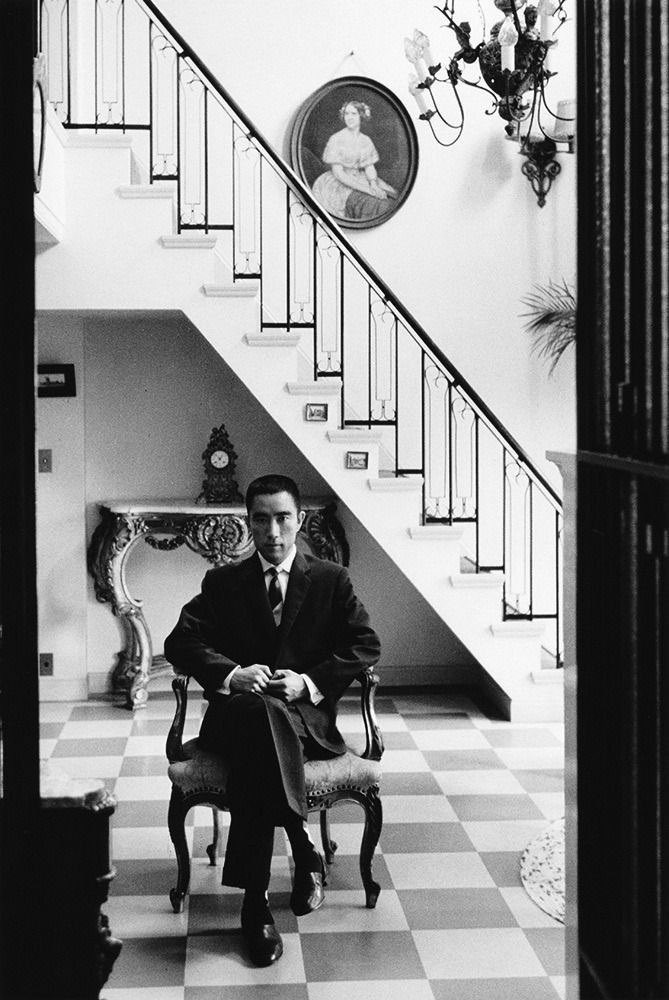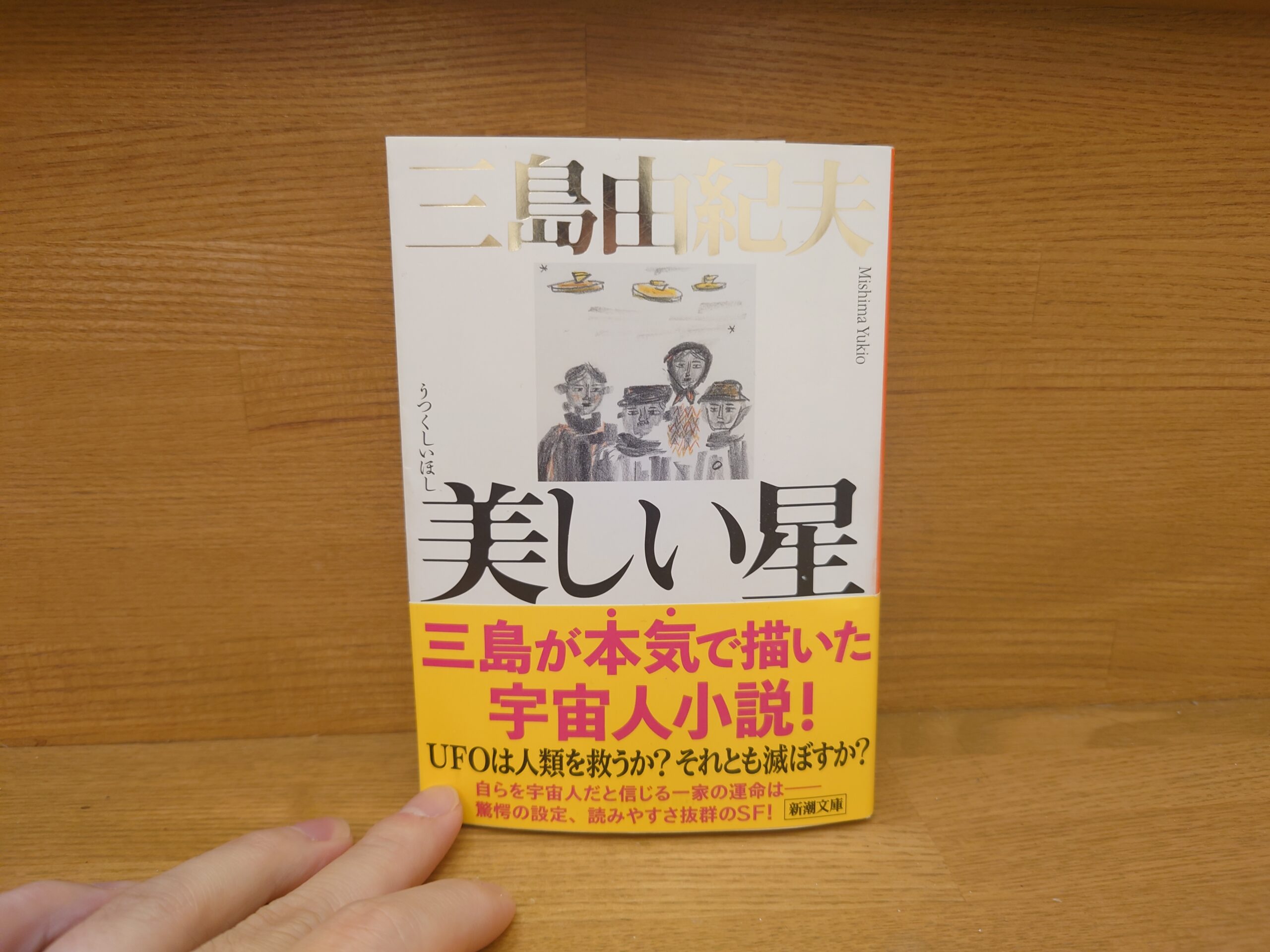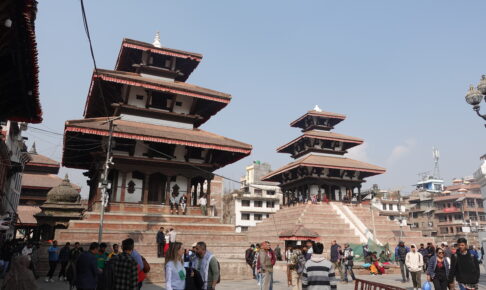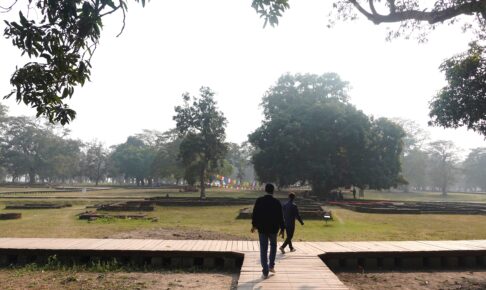Yukio Mishima's "A Beautiful Star" Synopsis and Impressions - That Mishima wrote a science fiction novel! Also the connection with the Brothers Karamazov!
I would like to introduce to you "A Beautiful Star" published by Yukio Mishima in 1962. I read the Shinchosha edition, 60th reprint in 2017.
Let's take a quick look at the book.
Perhaps your father is not an alien?
The Osugi family now had a secret. The entire family became aware that they were aliens. The father sent a message to the leaders of the U.S. and the Soviet Union, concerned about atomic and hydrogen bombs, and the daughter visited a man who claimed to be a Venusian compatriot and came back with a virgin conception. ...... The controversy over the merits of saving mankind with the rival alien "Haguro faction" is comparable to the chapter "The Grand Inquisitor" in "The Brothers Karamazov". A unique work in which the themes of Mishima's literature meet science fiction entertainment.
ShinchoshaProducts Page.

That Yukio Mishima wrote a full-fledged SF novel! This is a bolt from the blue! I really want to read it! With this in mind, I picked up a copy of this book.
A Beautiful Star" was published when Mishima was 37 years old. Mishima was a prolific writer at that time, and two years prior to this, he had written the masterpiece and short storyThe Grief of a Nation.to the world.
Gyukoku" was a highly ideological work directly related to Mishima's self-determination. That Mishima, who wrote such a work, would write a novel about aliens is a surprise in itself.
However, this is not to say that "Beautiful Stars" is completely devoid of ideological and political elements; it takes the form of a science fiction novel and incorporates them exquisitely.
In the commentary by Takeo Okuno at the end of the book, he describes this work as follows. I will read it carefully because it is a commentary that clearly shows how unique this novel is.
The novel is at once highly political and ideological, highly aesthetic and artistically supremacist, and at once the most social and the most anti-realistic. It is an unconventional novel never before seen in modern Japanese literature since the Meiji era, and it is unique among Mishima's literary works.
In fact, when this novel was first serialized in "Shincho," I was somewhat puzzled. I was excited to see that they were finally starting to do something, but at the same time I wondered if it was safe to start something like this, and how they were going to settle the situation. I felt embarrassed and even ashamed of myself, as if I were asking someone else not to make a mistake. I know that the author was interested in surrealistic tales of the bizarre, science fiction, and especially flying saucers. I am also more interested in such things than others, so whenever I met with the author, the topic of conversation turned to science fiction and flying saucers. However, about a year before writing this work, the author, perhaps influenced by Kitamura Komatsu and others, showed an unusual interest in flying saucers, and even participated in a meeting for saucer observation. In retrospect, this was probably in preparation for writing "A Beautiful Star. When a novelist puts his or her heart and soul into writing a work, he or she must become absorbed and absorbed in the world, even if it may seem unusual to others. Mishima was also obsessed with flying saucers at one point in his life. He seemed to believe wholeheartedly in their existence. At the same time, he was probably calmly observing himself and the flying saucer mania through the eyes of a novelist.
What worried me when I read "A Beautiful Star" was the fact that it brought into the world of pure literature such dubious things as aliens and flying saucers. Modern Japanese literature since the Meiji period has a tradition of being extremely serious and routine, and trusting only in realism. The mere mention of something out of this world is enough to make one turn away and not trust it. They are constitutionally averse to unrestrained fantasy and the ridiculous. Of course, if the story is caricatural or caricatured from the beginning, it may be forgiven as a metaphor. However, the author brought saucers and aliens into the world of novels with a very serious attitude. He feared that no matter how perfect the aesthetic universe he created on top of them, it would not be recognized as an honest work of pure literature. Then, as to whether the work has reality as a work of science fiction, it lacks that as well. The protagonists, the Osugi family, are convinced that they are aliens after they see a series of saucers, but it is noteworthy that the husband, Shuichiro, is a Martian, the daughter, Akiko, is a Venusian, and the wife and son are from Jupiter and Mercury, where no creature, let alone a human being, is supposed to live. If the family were all Martians or Venusians, it would be accepted as science fiction knowledge, but the fact that they make their home planet of fire, water, wood, and gold, respectively, makes it a fairy tale. Of course, it is impossible that the author, who is well versed in science fiction, does not know such a thing. It is thought that the author, in submitting such science fiction-like subjects as saucers and aliens, used this kind of setting in order to make it clear that this is not science fiction. The author was trying to be independent and free from the restrictions and atmosphere of so-called science fiction.
As the serialization of "A Beautiful Star" progressed, I was so absorbed in the world of this work that I completely forgot about my initial resistance and anxiety. Yoshitaka Takahashi described this work as "a successful fusion of reality and counterreality, which is the most difficult thing to achieve." He is right.
Shinchosha, Yukio Mishima, A Beautiful Star, p. 363-365
Well, it is interesting to know the current trends in the Japanese literary world.
With this novel, Mishima seems to have attempted to create a unique worldview that is neither serious, coquettish Japanese literature nor a fanciful science fiction novel.
And as mentioned in the above quote, it is true that "A Beautiful Star" is extremely easy to read. It is so easy to read that if the author's name had been left out, you would not know that it was Yukio Mishima. Moreover, the immersive feeling is so strong that you find yourself completely immersed in the world of the novel. The fact that the members of the Osugi family are aliens and the existence of other aliens appear in the middle of the story, but they are so exquisitely balanced that it is difficult to tell where they are real and where they are science fiction. We find ourselves unwittingly caught in the middle of Mishima's calculated literary artifice. This is interesting. Simply interesting!
And right after the above commentary, a more interesting point is made. This was very stimulating for me. What a surprise to learn that this work is Dostoevsky'sThe Brothers Karamazov.The idea is that there is a connection between the two. Let's continue to look at the explanation.
However, this "successful welding of reality and counterreality" is not only due to the author's superior novelistic technique. It is also because of the overwhelming weight and depth of the content. I have never known a contemporary novel to be so spiritually exciting and inspiring. In particular, the scene between Shuichiro Osugi and a group of aliens from an unknown planet in the constellation Cygnus 61, the Haguro faction, and their argument about the fate of mankind is so powerful that it makes one's hands sweat. It reminded me of the "Grand Inquisitor" chapter of Dostoevsky's "The Brothers Karamazov. Here, the author is attempting to question the very roots of human existence in light of the current situation in which we have created with our own hands the ultimate weapon for the annihilation of humanity, nuclear weapons. It is a grand tribunal in which the survival and extinction of the people of the earth are at stake. Although the language used in this question and answer is consciously lightened and caricatured to suit modern people, its content is harsh and heavy. It is a fundamental theme of humanity, comparable to the questions and answers in Dostoevsky's "The Grand Inquisitor.
Why has such an important theme never been addressed head-on in a novel before? It is a theme of the utmost importance that must be encountered by all modern writers. However, it is a theme of such magnitude that literary scholars have not yet made up their minds to confront it, despite their ambitions. Moreover, it is difficult to express such issues using the conventional realism-centered fiction method. Even if they tried, they would be bogged down by the complex political and social conditions of our time. It becomes impossible to extract the theme of humanity's fundamental existence from it. We become so entangled in scholastic reality that we lose sight of the ultimate theme.
Yukio Mishima, however, has suddenly discovered an epoch-making method and perspective to get to the heart of the matter, transcending the mire of reality. That is the flying saucer in "A Beautiful Planet" and the aliens. In other words, they set up a fulcrum outside of the earth as a lever to move the earth. Through the eyes of the aliens, we have a mechanism to observe the situation of the earth's human race in the big picture. We can look at human beings objectively as human beings living on the earth. From there, we can freely and unrestrainedly discuss the fate of the people of Earth. It is an extremely efficient mechanism that allows us to get to the heart of the matter at once. This is truly Columbus' egg. It is a wonder that no one had the foresight and audacity to do this before Yukio Mishima.
Shinchosha, Yukio Mishima, A Beautiful Star, p. 366-367
The Brothers Karamazov" was Dostoevsky's last work, written in the last years of his life. In this novel, Dostoevsky depicted the fundamental question of "God and man" and "what is man" that he had been holding on to all his life.
And the biggest climax of this work appears at the end of the upper volume.Chapter of the Grand Inquisitor."It is. Once you read it, it has such an impact that you will never forget it.
See our previous article below on the "Grand Inquisitor's Chapter."
Now, it is mentioned in the commentary that a confrontation of ideas comparable to this chapter of "The Grand Inquisitor" will take place in "The Beautiful Star".
Why has such an important subject never been dealt with head-on in fiction before?"
I think this is a very astute point.
It means that in Japanese literature, it was difficult to even raise the huge question of "God and man" or "what is mankind? At the same time, this commentary made me realize how much Dostoevsky was creating his stories from a huge perspective.
But Yukio Mishima has discovered an epoch-making method, a point of view, that suddenly gets to the heart of the matter, transcending the mire of reality. That is the flying saucer and the aliens in "A Beautiful Planet."
When you put it this way, it is exactly right! Mishima has done a tremendous job with this novel. And he does it so casually that all we readers have to do is read this interesting novel with pleasure and enthusiasm. It reads like a science fiction novel, but before we know it, it has transcended the boundaries of mere science fiction and Japanese literature to inspire us to think about human beings on a larger, even cosmic scale... What a brilliant literary challenge! What a brilliant literary challenge!
And again and again, the novel is simply interesting. What is going to happen? and you are kept on the edge of your seat as the story unfolds, or intrigued by the mysterious characters and events, as in a mystery, this is a work full of Mishima's serviceable spirit.
In a good sense, this work is mild, unlike the horrifying literature typical of Yukio Mishima. However, even so, it is aggressive where it is aggressive! It cuts right to the heart of humanity! The argument between the aliens in the last part of the story is truly an ideological battle that decides the fate of the human race.
Well, it was a brilliant piece of work.
The combination of science fiction novels and "The Grand Inquisitor" is one of the most popular works in foreign literature, and the Czech genius Karel Čapek'sAbsolute Manufacturing PlantI was surprised that Yukio Mishima had created such a work here.
I would highly recommend this piece. It is simply interesting! The work is surprisingly easy to read, even for those of us living in the modern world. Why not pick up a copy?
The above is a summary and impression of Yukio Mishima's "A Beautiful Star" - That Mishima wrote a science fiction novel! And the connection with the Brothers Karamazov!" The above is a summary of Yukio Mishima's "A Beautiful Star" and my impression of it.
Next Article.
Click here to read the previous article.
Related Articles







































